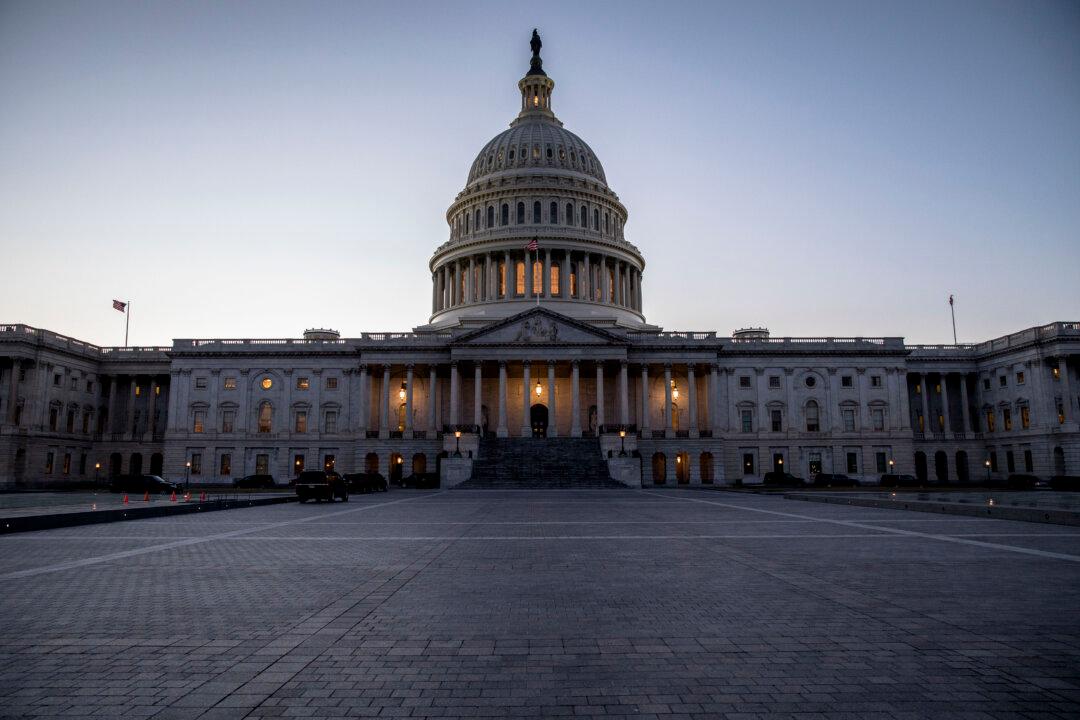With at least two members of the House of Representatives testing positive for COVID-19, calls are mounting for alternative voting procedures if the $2 trillion economic rescue package cannot be passed by unanimous consent, meaning no lawmakers would have to be present for the vote.
Failing that, the best option would be a proxy vote, according to House Rules Committee Chair Rep. Jim McGovern (D-Mass.), who said voting remotely was off the table.





